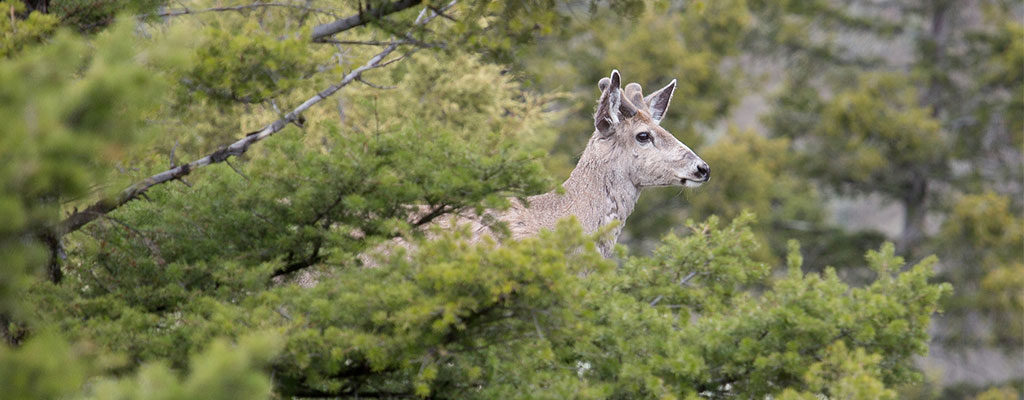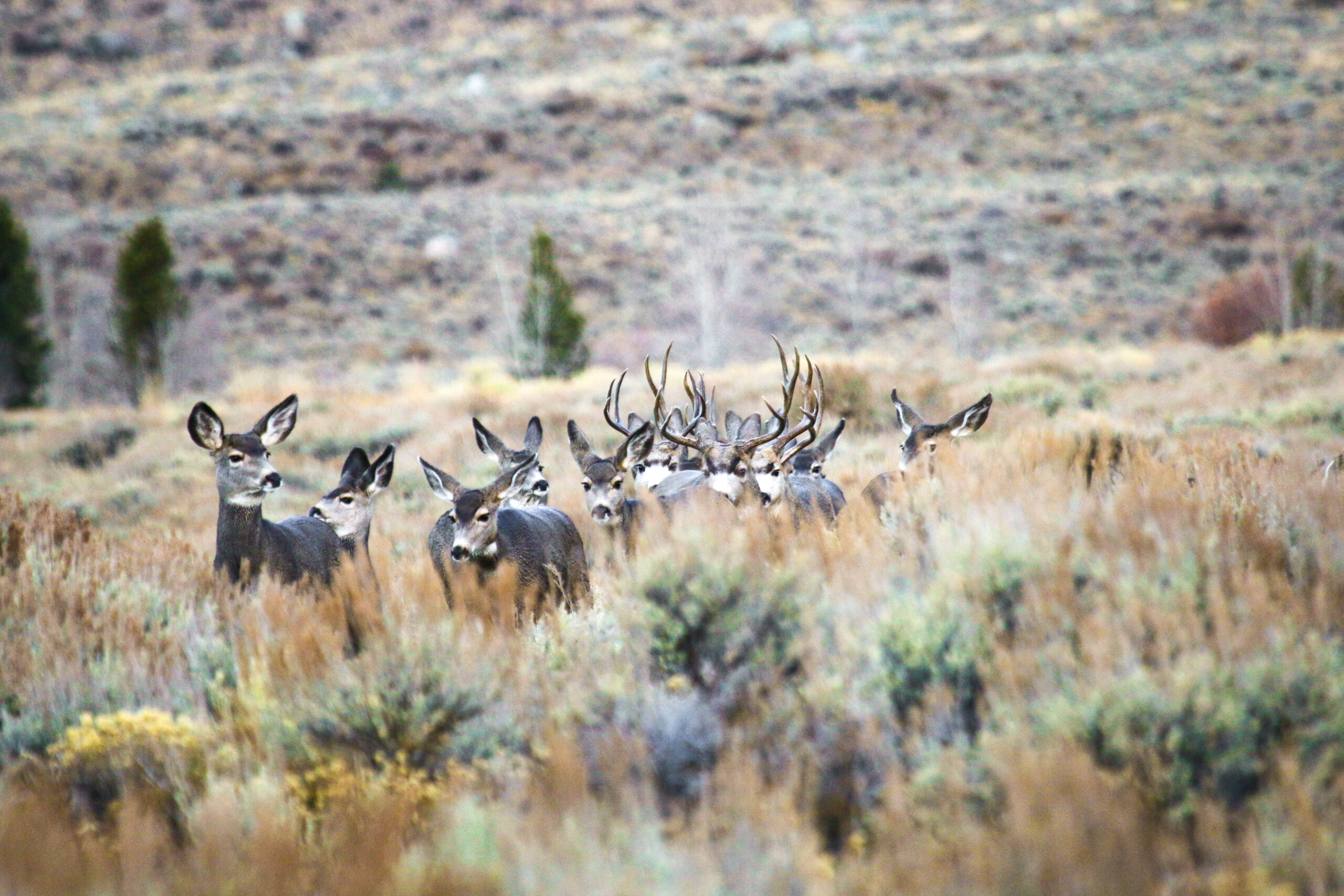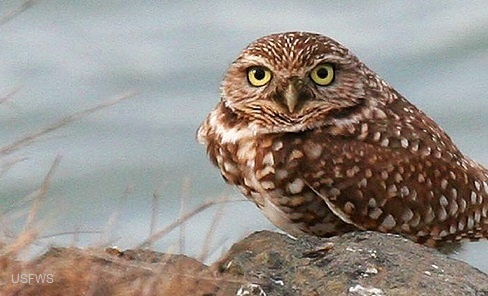Save Public Lands from a Super Pollutant

Public lands, those held in trust by the federal government for the American people, offer an important defense against climate change. Our public lands provide a variety of resources that enable wildlife and communities to reduce the impacts of a shifting environment. As such, it is important that we manage development on our public lands in a manner that will reduce the threat of climate change to the local wildlife and communities.
Specifically, public lands:
- Protect ecosystems, like forests, which provide carbon storage and sequestration services along with vital habitat for wildlife
- Ensure biodiversity is conserved so that resilient ecosystems are able to provide the clean air and water we need
- Connect landscapes and provide migration corridors for wildlife to shift their habitat as the climate changes
Public lands cover a vast expanse of the U.S. The federal government owns roughly 640 million acres of all public lands (the rest are state and locally owned), comprising about 28% of the land in the United States.
Four federal agencies primarily manage this land: the Bureau of Land Management (BLM), the Fish and Wildlife Service (FWS), the National Park Service (NPS), and the Forest Service (FS). The BLM manages most of this land (247.3 million acres) and has a multiple use mandate that ensures the agency balances the land use needs of recreation, conservation, and resource extraction – including oil and gas development.
This multiple use policy, along with the fact that many of our public lands are resource-rich, has resulted in the development of over 100,000 oil and gas wells on BLM managed land. These wells present serious pollution problems, such as methane and other greenhouse gas emissions, that add to climate change and harm wildlife. Oil and gas infrastructure, including ancillary roads and pipelines, fragments habitat and creates migration barriers for wildlife like pronghorn and mule deer.

Methane emissions harm wildlife like pronghorn. Photo by Kathy Gervais, National Wildlife Photo Contest
Also, it is important public lands remain intact for the local communities that depend on them. Tribal lands are very often adjacent to or surrounded by federal lands and the health of tribal lands and wildlife are intertwined with the health of public lands. NWF and the organization’s tribal partners, such as the National Tribal Air Association (NTAA), recognize that Native American Tribes are among those most impacted by climate change and methane emissions only magnify that threat. Strong methane regulations are critical to reducing the impact of greenhouse gases on the health of tribal communities.
From an NTAA comment letter on methane regulation: “Indian Tribes are also affected much differently than the rest of the nation as their cultures are integrated into the ecosystems of North America; and many Tribal economies are heavily dependent on the use of fish, wildlife, and native plants. Even where Tribal economies are integrated into the national economy, Tribal cultural identities continue to be deeply rooted in the natural environment. As climate change disrupts biological communities, the survival of some Tribes as distinct cultures may be at risk.”

Federal and tribal lands in the US. Photo from the National Atlas
The methane that escapes from the thousands of oil and gas wells across public lands could be captured with existing technology to power American homes rather than wasted in a way that hurts our wild landscapes. The revenue from royalties that should have gone to tribes, states, and taxpayers, instead was lost through leaking, venting, and flaring at oil and natural gas wells – approximately $23 million annually according to a 2010 GAO report.
According to the BLM, methane emissions are projected to increase dramatically without updated regulations. If the oil and gas industry uses public lands for fossil fuel energy development, then the public should have its say in how the development is regulated.
At a recent speech celebrating the centennial anniversary of our National Parks, Secretary Jewell said, “At a time when public lands face threats from land grabs to climate change, we can’t afford to turn our backs on them”.
In response to these concerns, the BLM has proposed updated standards for existing, new, and modified sources on federal and tribal lands. These comprehensive, commonsense regulations are critical to the preservation of public lands.
BLM is taking public comments for only 2 more days! Speak up now for wildlife and wild places.
Take ActionAsk the BLM to finalize strong regulations that ensure methane is not wasted. Public lands are for everyone, and we need a conservation legacy that protects the environment on these lands and beyond for future generations.
Originally Posted on NWF.org




